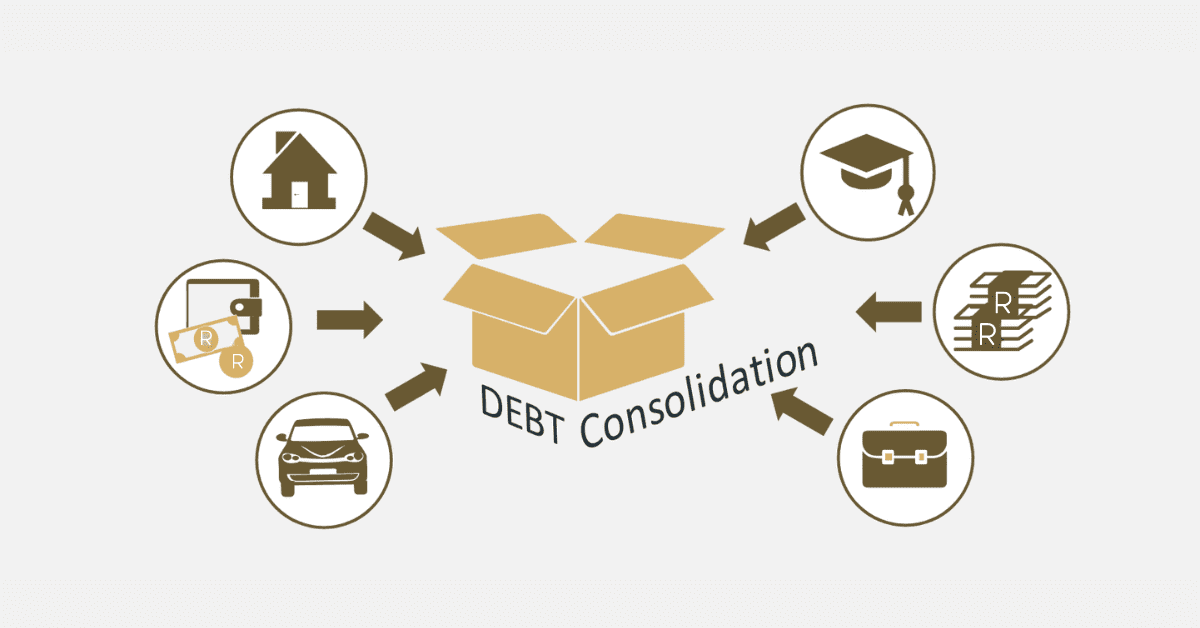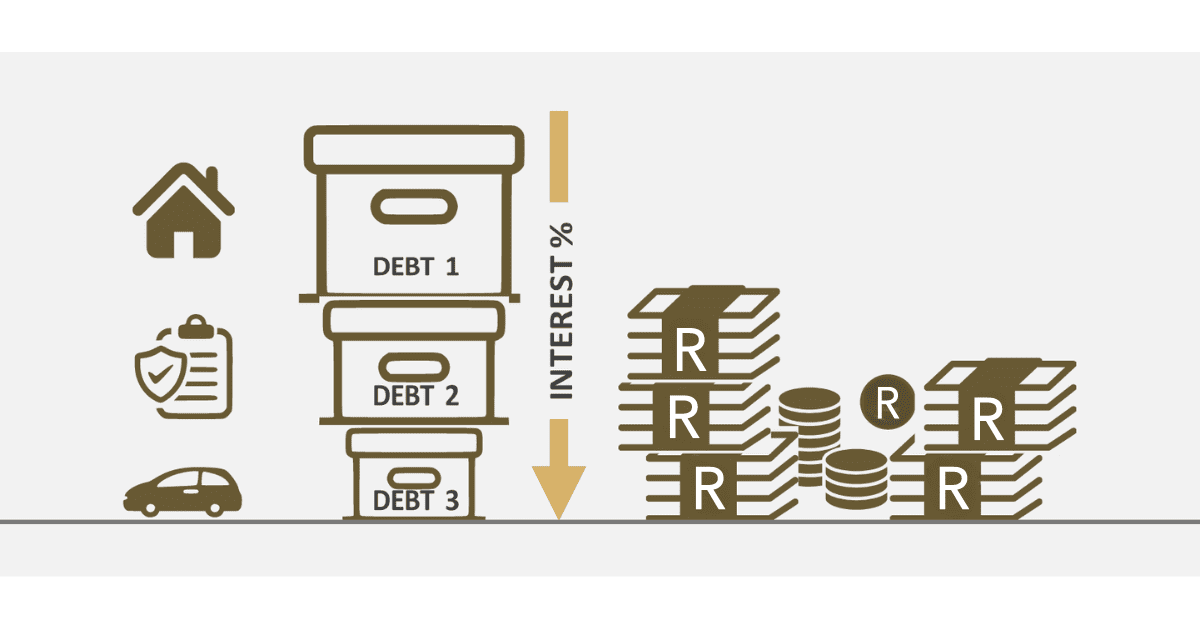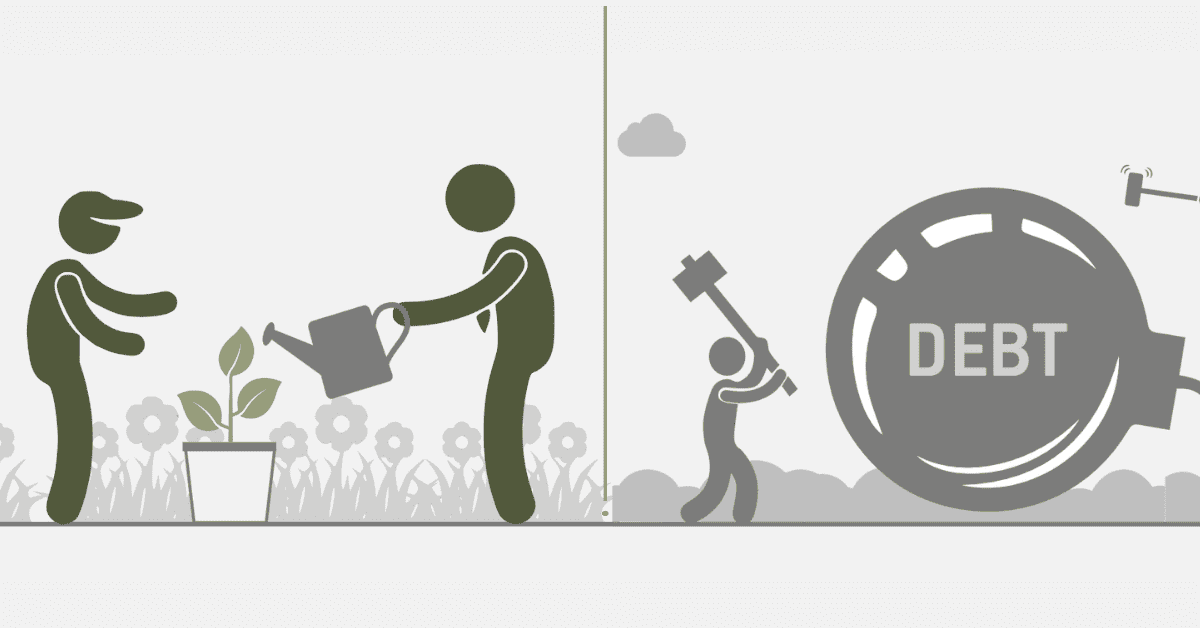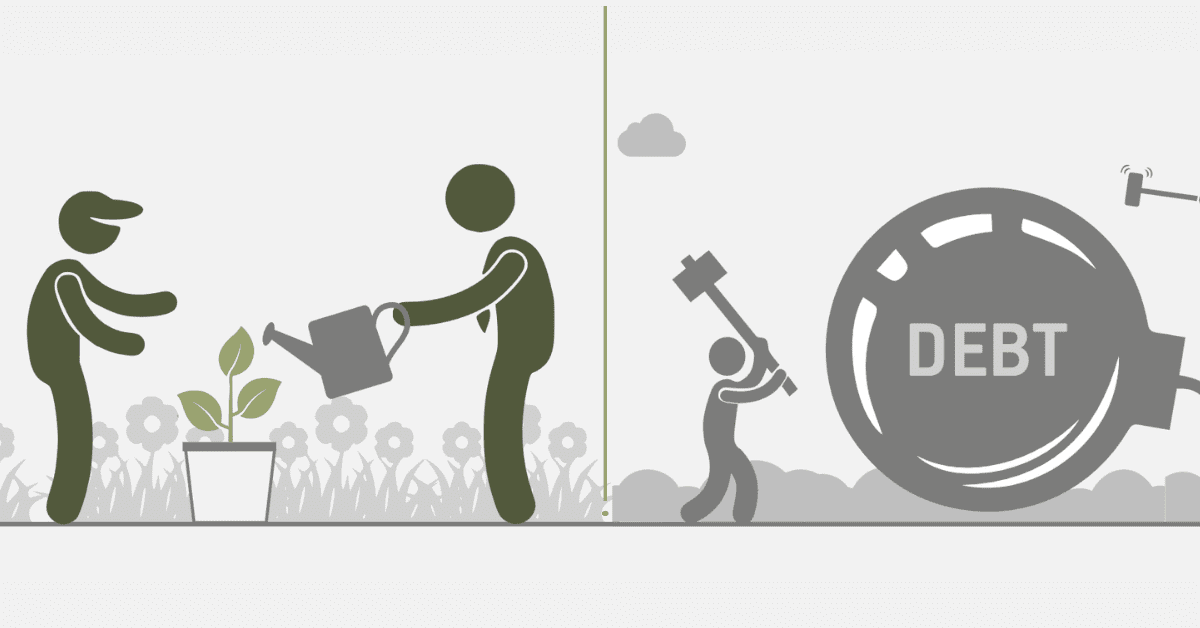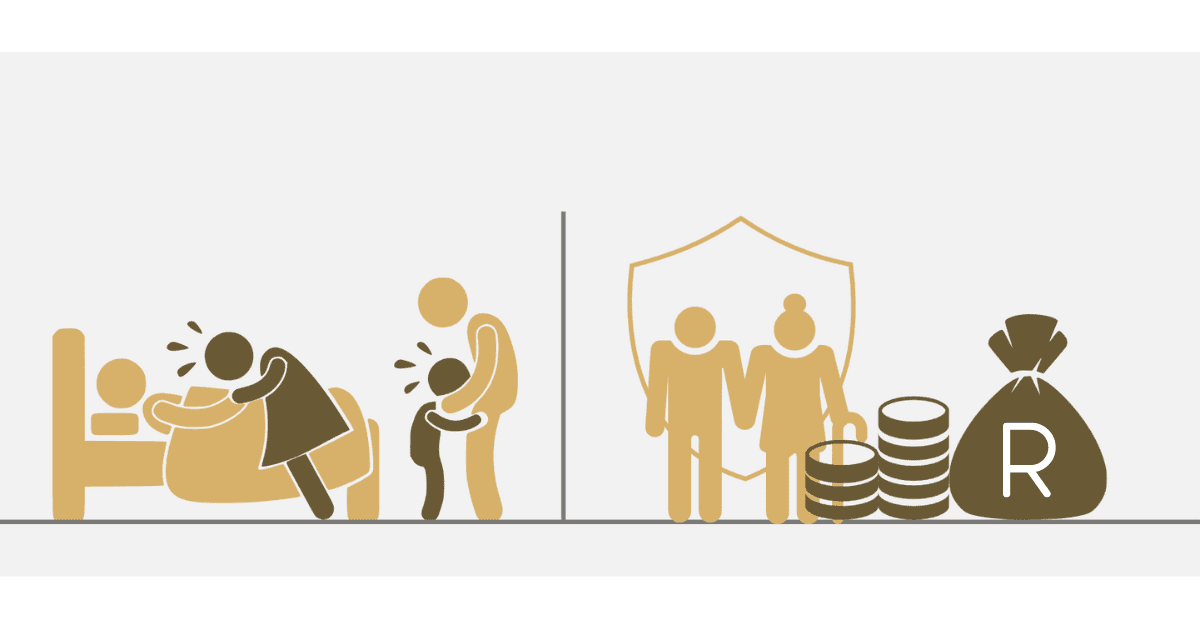In SA, household debt has reached some alarming levels and is an emerging danger to financial stability. More than R2.31 trillion of debt hangs over the heads of many struggling South Africans. There is increasing reliance on credit to cover daily expenses and major purchases, which ultimately drags many people into widespread pitfalls of debt. Any strategy devised to avoid such financial crises must consider these debt traps. Typical South African debt traps and practical advice on how to steer clear of them are examined in this article.
Debt Trap #1: Credit Cards
Credit cards are, of course, prevalent in financial dealings. If not used carefully, however, they turn into traps of debt. High interest rates with easy access to credit lead to overspending and quickly mounting debts. Too often, this puts many South Africans into chasing only the minimum payment, which barely covers interest and leaves a growing balance over time. To avoid this, paying off the monthly balance or at least more than the minimum payable is essential. Tracking expenses and creating a budget can help control credit card use and prevent debt accumulation.
Debt Trap #2: Overdraft Facility
An overdraft facility may protect against financial shortfalls, yet it may lead to debt spirals. Ease in accessing funds over and above the account balance usually leads to habitual usage, coupled with high fees and interest charges that start mounting. Most people in South Africa rely on overdrafts to meet their regular expenses and experience a permanent condition of indebtedness. One should avoid this by using overdrafts only in periods of genuine emergency and try to pay these off as quickly as possible. A benefit of constructing an emergency fund is that it also lowers the need for overdrafts since it will provide a buffer against unexpected expenses.
Debt Trap #3: Mortgage Refinancing
While it may be a sound financial move, there are risks associated with it that can lead to increased arrears. Most of the time, with this option, one extends their repayment period, giving out more interest over a more extended period. Some South Africans use refinancing for cash for other expenses and sometimes get further entangled in debt if not wisely handled. Refinance only if it leads to a better interest rate or more attractive loan terms. Moreover, using cash-out options frequently and for unnecessary purposes must be avoided to prevent unwanted debt accumulation.
Debt Trap #4: Payday Loans
Payday loans are designed to offer quick money before the date of the next paycheck. Nevertheless, the loans’ propositional interest rates and belonging charges are usually exorbitant, making them a poor debt trap. Most South Africans find themselves in the process of borrowing to service another, continually increasing indebtedness. It is essential to avoid taking payday loans and instead research options, like personal loans from trusted lenders, borrowing from friends or family members, or negotiating with creditors for instalments. Building a savings cushion can also help reduce reliance on high-cost, short-term loans.
Debt Trap #5: Car Loans
Car loans have become very common in financing vehicle purchases but may become a debt trap if one is unaware. Long-running overdraft periods and high interest percentages can make it an extremely costly proposition compared to the vehicle’s value. Automobiles depreciate incredibly, often leaving the owner owing more on the credit than the auto is worth. Avoiding that requires buying a less pricey vehicle, having a more significant down payment, and opting for the shortest possible credit period. Also, one can manage car loan indebtedness simply by regularly revisiting the loan terms and refinancing to better rates.
Debt Trap #6: Pawnshop Loans
These pawn shop loans make quick cash available against personal valuables but at infamous high interest rates and the risk of losing one’s pawn. Many South Africans turn to them when financial emergencies have been experienced, only later finding that they cannot repossess their belongings. A way out can instead be alternative financing options, and one such option could be a personally characterized loan with lower interests or selling unwanted goods. Additionally, building an emergency fund can provide a financial safety net, reducing the need for high-cost pawnshop loans during tough times.
Debt Trap #7: Lay-by or Rent-to-own
Lay-by and rent-to-own agreements are prevalent for purchasing goods where one cannot pay for them fully upfront. However, they may lead to higher overall costs, especially if there is a possibility of missing some payments. More often than not, in South Africa, the agreements come with hidden fees and range at very high interest rates that significantly escalate the final cost from the initial prices. Be sure to peruse any agreement’s terms and conditions before putting in your signature for personal consumption to avoid getting into trouble due to such issues. Save your money to buy items on a direct purchase or look for interest-free arrangements regarding instalment purchases on sale by reliable retailers.
Debt Trap #8: Store Cards
While store cards offer much-needed convenience and discounts, in a very short time, one can run into massive debt due to high interest rates and other promotional offers on such cards. For too many South Africans, these are used to make daily purchases, where balances might be accrued and hard to pay off. So, limit the number of store cards and use them strictly for planned purchases that are budgeted for. In addition, interest will not be charged if the balance is paid in full each month. Finally, using store cards effectively involves taking advantage of discounts and promotions but not overspending.
Debt Trap #9: Hire Purchase Agreements
Under hire purchase agreements, consumers can acquire goods and pay in instalments; however, high interest rates and fees often come with them. Defaulting in the payment or unfavourable terms of service can, however, lead to long-term commitments to the debt. Many heavy purchasing finances, such as furniture and appliances in South Africa, are done through hire purchase schemes, and the cost of the goods becomes very high. So, always compare the different finance options and settle for the cheapest interest. Down payment is another way to handle hire-purchase debt, as it allows for better terms.
Debt Trap #10: Easy Loans
Handling easy loans, mostly packaged as quick and accessible, with high interest rates and short payback periods, essentially becomes a giant debt trap. One of the traps many South Africans continually fall into is getting these easy loans for immediate financial relief and failing to make repayments afterwards. To avoid this, constantly scrutinize the fine print of the loan terms and consider the total amount to be repaid. It is advisable to source loans from reputable financial institutions whose terms are clear with a relatively lower interest rate charged on the amount borrowed. Other alternative funding sources, such as credit unions or employer loans, can provide better deals.
